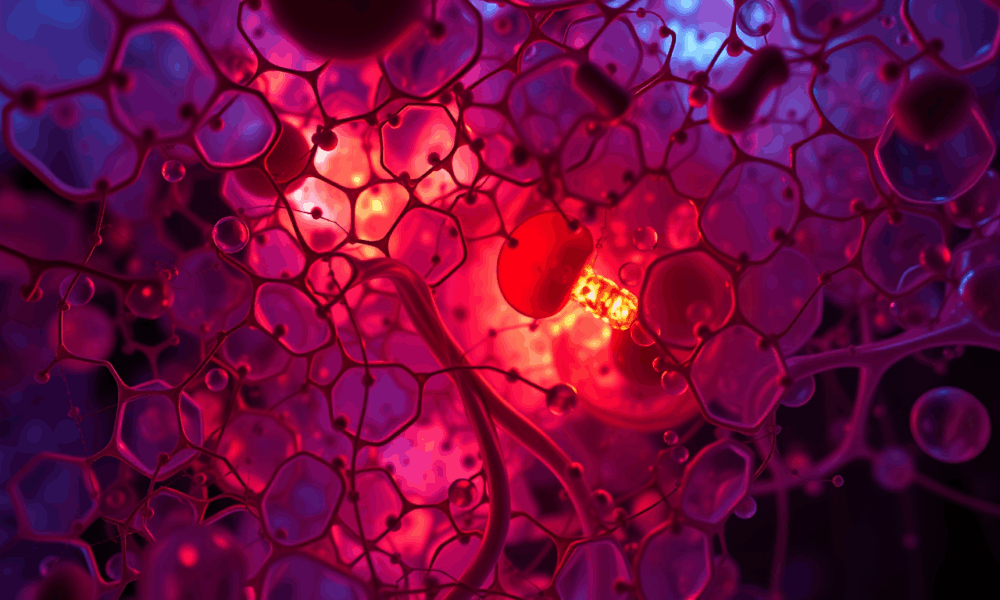
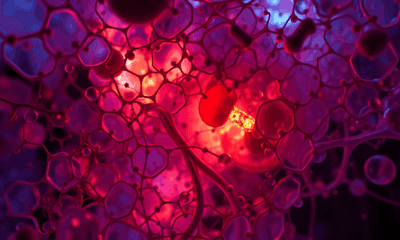

Scientists have achieved an unprecedented look into how the human immune system attacks a transplanted pig kidney, using spatial molecular imaging to map immune activity down...
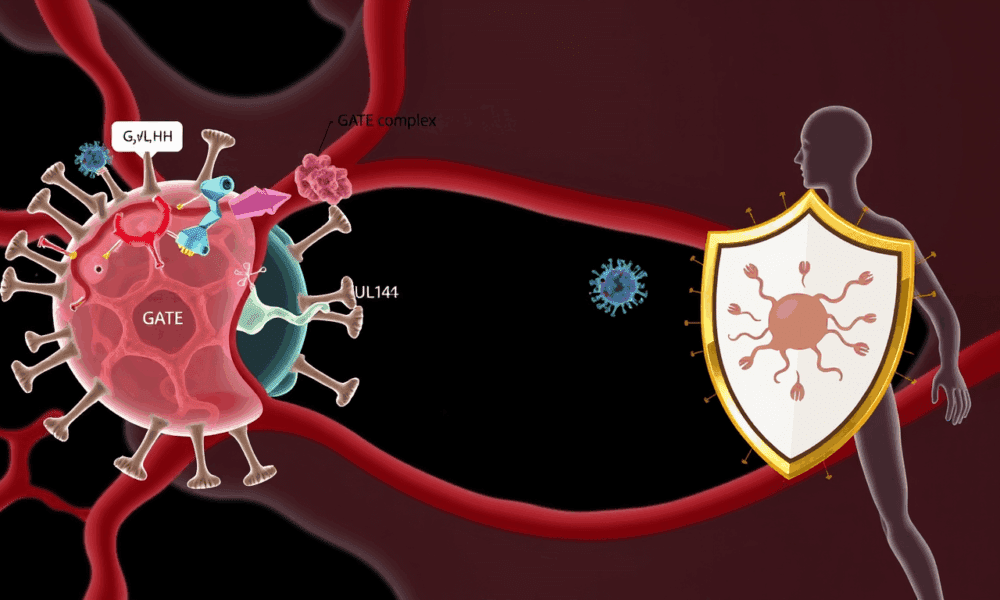
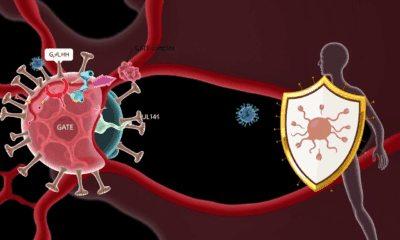

Scientists have discovered a stealthy mechanism that cytomegalovirus (CMV)—the leading infectious cause of birth defects in the U.S.—uses to infiltrate blood vessel cells while evading immune...
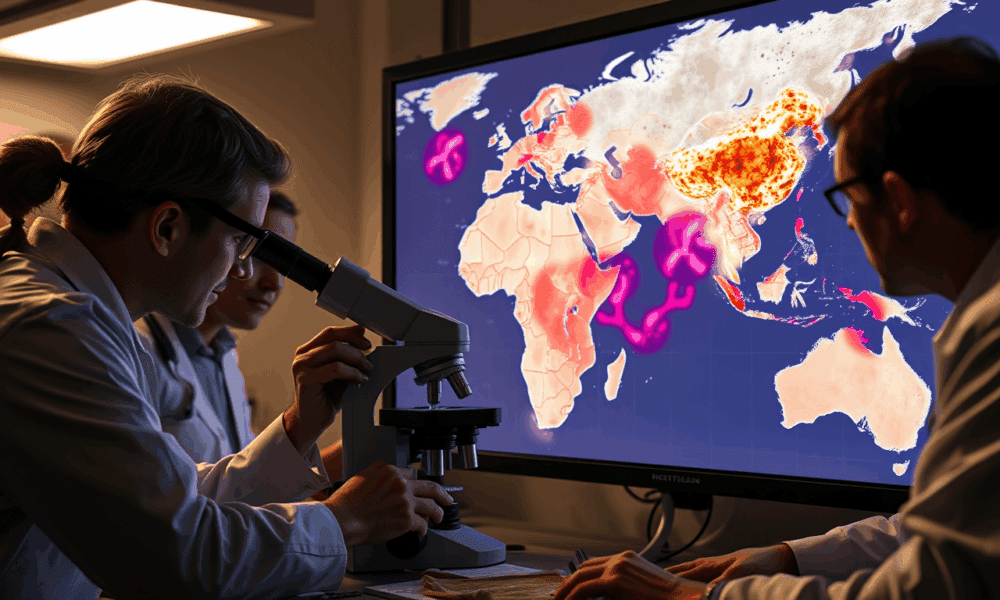


Leprosy’s tale stretches from 5,000-year-old skeletons in Eurasia to a startling 4,000-year-old case in Chile, revealing that the rare strain Mycobacterium lepromatosis haunted the Americas millennia...
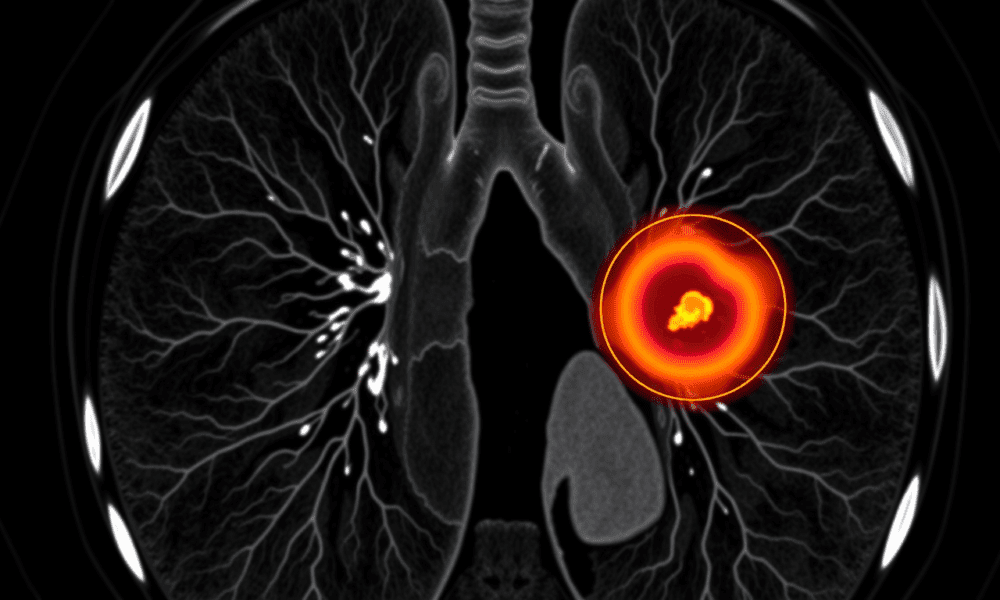
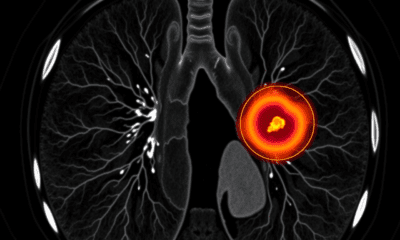

An AI system called iSeg is reshaping radiation oncology by automatically outlining lung tumors in 3D as they shift with each breath. Trained on scans from...
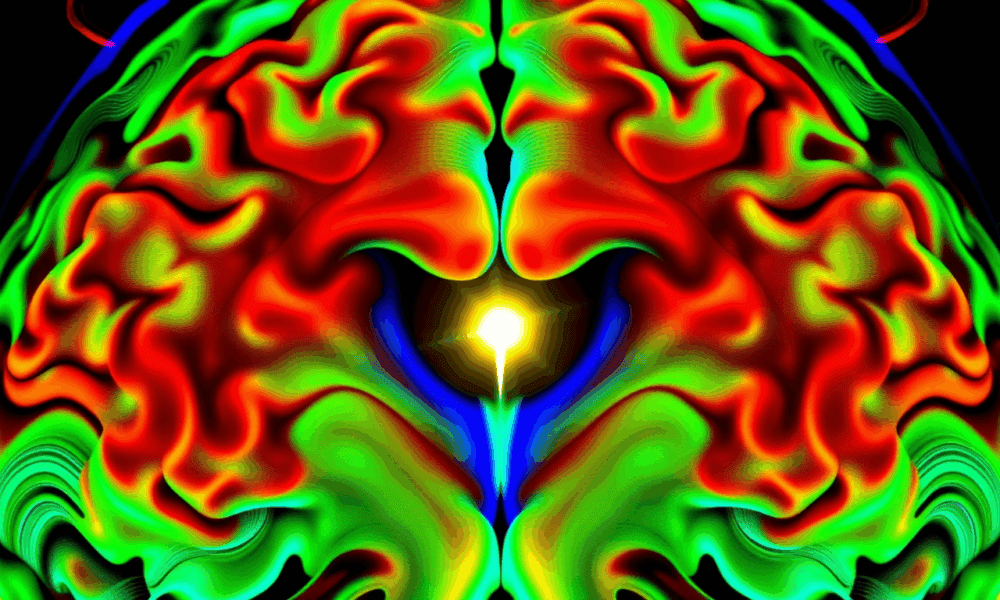
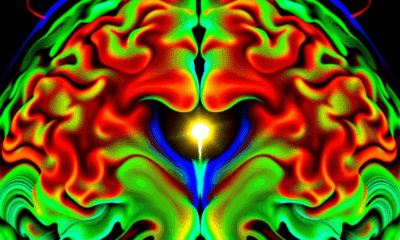

Researchers are using an advanced brain imaging method called MEG to understand why Parkinson’s drug levodopa doesn’t work equally well for everyone. By mapping patients’ brain...
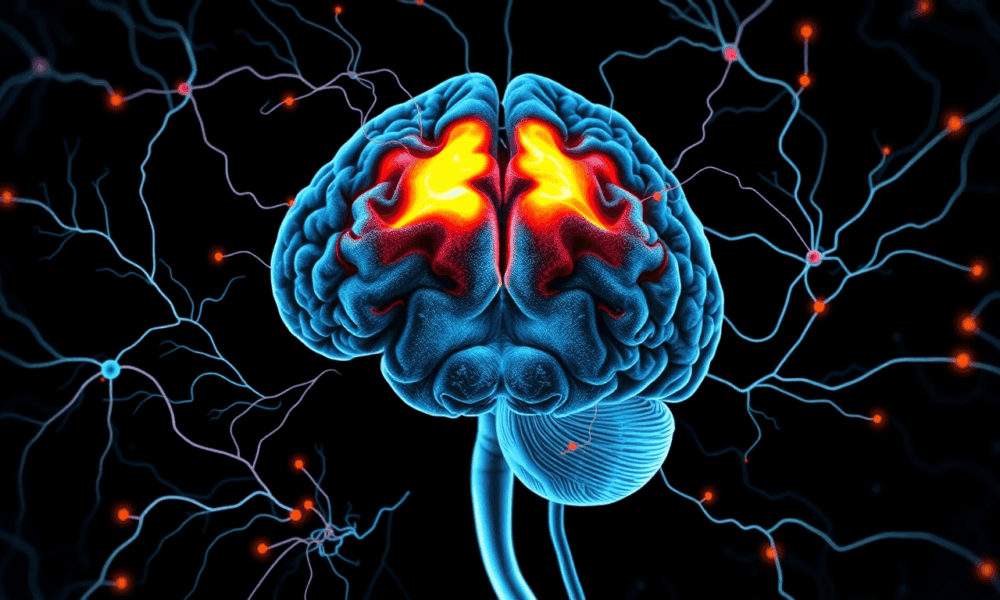
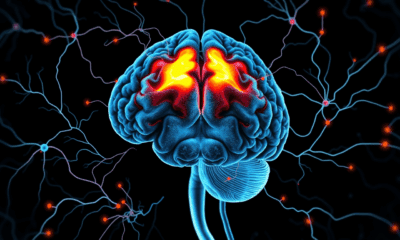

Deleting a gene called PTEN in certain brain cells disrupts the brain’s fear circuitry and triggers anxiety-like behavior in mice — key traits seen in autism....
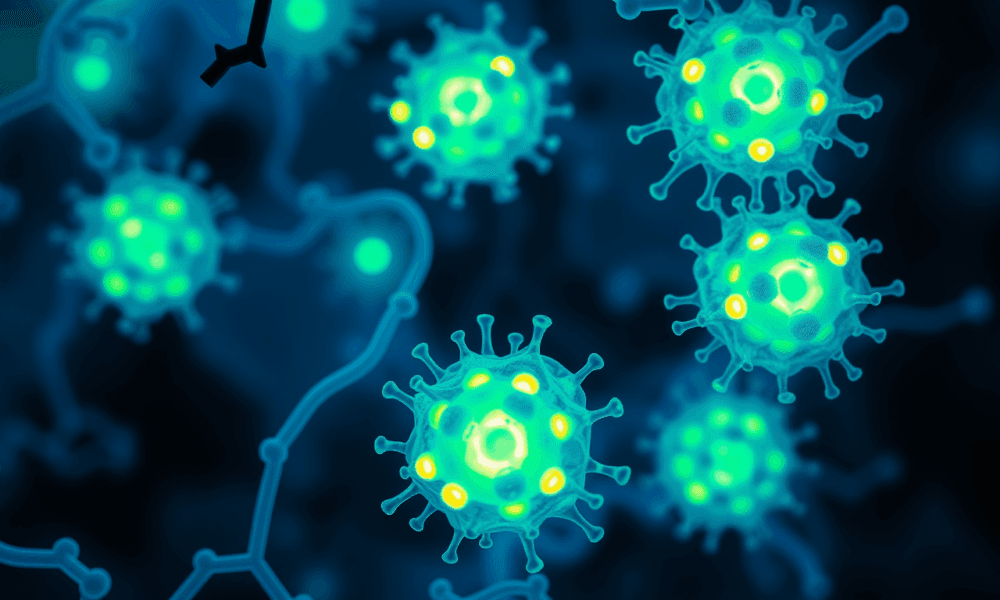
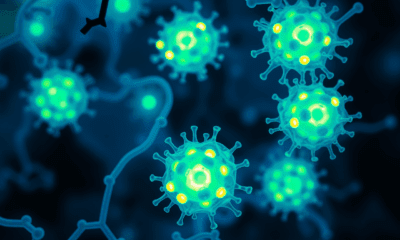

A team of researchers has turned ordinary yeast into tiny, glowing drug factories, creating and testing billions of peptide-based compounds in record time. This green-tech breakthrough...



Caffeine appears to do more than perk you up—it activates AMPK, a key cellular fuel sensor that helps cells cope with stress and energy shortages. This...
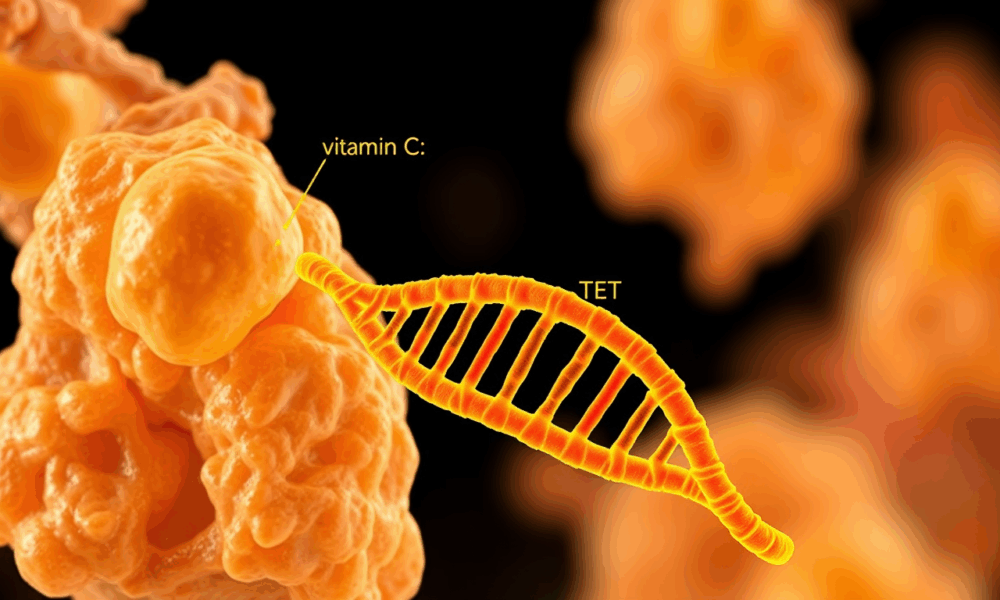
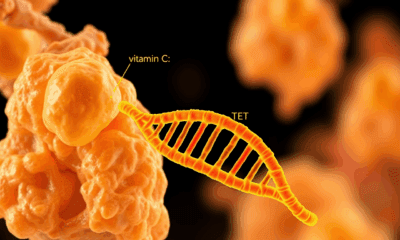

Japanese researchers have found that vitamin C can thicken skin by switching on genes that boost skin cell growth, helping reverse age-related thinning. It works by...
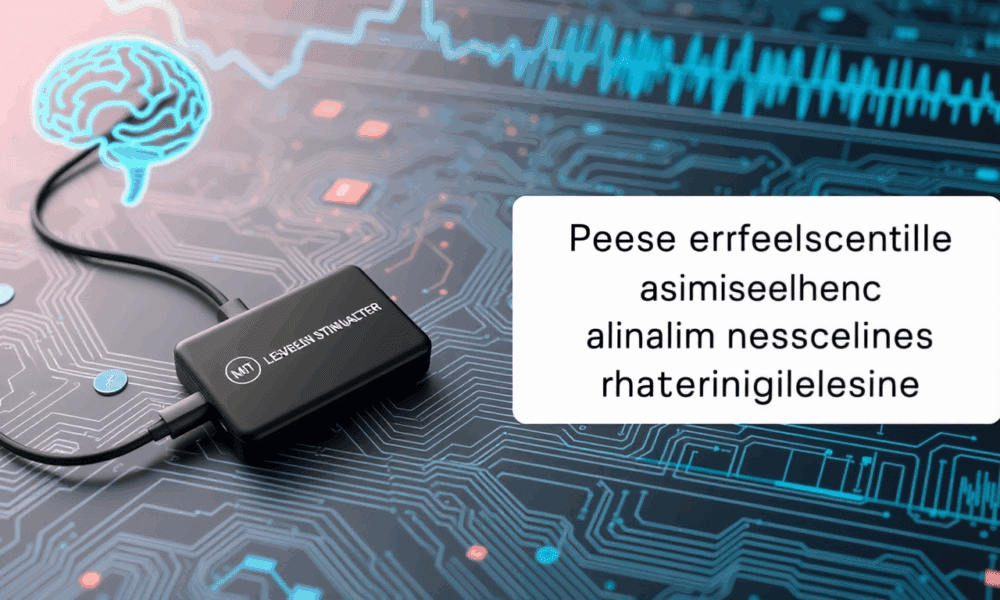
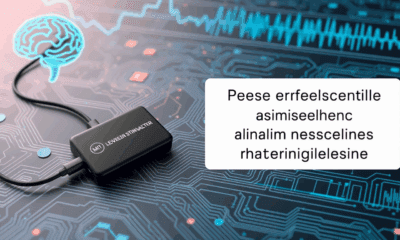

A groundbreaking wireless implant promises real-time, personalized pain relief using AI and ultrasound power no batteries, no wires, and no opioids. Designed by USC and UCLA...